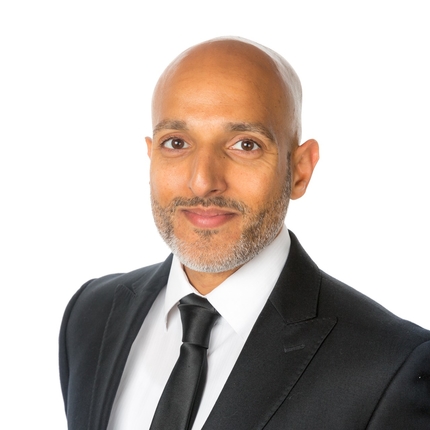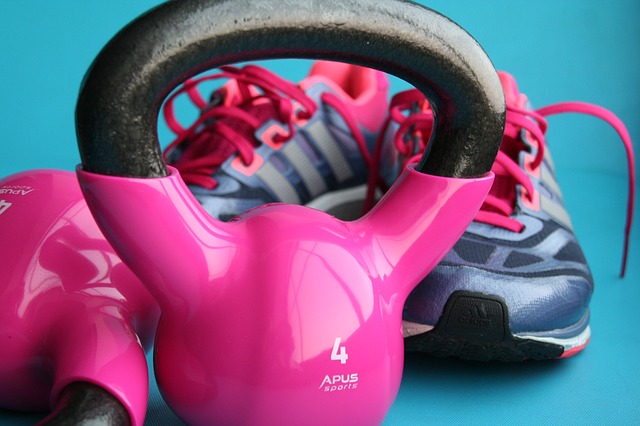Great health starts and ends with physical exercise- or at least that’s what we’re told. Every day, we are surrounded by proof after proof of the many benefits exercise has on the mind and body. Does that same rigorous exercise schedule negatively impact your gnashers, however? Vitality takes a close look at the issue.
A healthy body starts with exercise
Firstly, it’s important to realise that exercise is critically important for many body processes. Mankind evolved, of course, in a landscape where being able to run steadily for days was key to survival, procuring food and avoiding predators. This is an active lifestyle that isn’t quite mimicked by the long hours we spend with rumps planted firmly in our desk chairs! While human society may have evolved to a more sedentary one over time, it takes evolution considerably longer to catch up. Our brains may say ‘eat that burger’, but our blood pressure, blood sugar and fat storage [not to mention bone density, musculature and more] still want us to run away from a mammoth while doing so. Maintaining a healthy, active lifestyle undoubtedly has innumerable benefits on our mental and physical health.
Does exercise affect my teeth?
A new study, however, which was published in the journal Community Dentistry and Oral Epidemiology, suggests the picture may not be a rosy for our teeth. A surprising correlation was noted- almost half of the professional sportsmen involved in the study, including Olympic athletes, had signs of tooth decay. This ranged from inflamed and bleeding gums when brushing through to cavities and worse. Even more surprisingly, they self-reported as cleaning their teeth twice a day. It appears that tooth decay risk is considerably higher for elite athletes than the general population.
What could cause this surprising result?
There’s one obvious potential cause. Sportsmen and women eat for their sport and their goals. Carbohydrate-heavy diets have long been used as part of the training strategies for athletes across many disciplines, and as we already know simple carbs like bread, sugar, pasta and potatoes can spell disaster for your teeth. Not only do they break down easily into simple sugars, feeding bacteria in the mouth, but their gummy, mushy textures are also prone to get stuck in your teeth. If you don’t have a great brushing regimen or brush incorrectly and without flossing, it’s possible for these foods to linger in the mouth and cause decay.
Pro Tip: As a reminder, this doesn’t mean you should run for your toothbrush after eating! Acids in the foods we eat can temporarily weaken our tooth enamel matrix. Instead, opt to rinse the mouth with water and use a sugar-free gum to boost the natural cleaning power of your saliva.
It’s also theorised that sports which tax our lungs and breathing also contribute to dry mouths- and a dry mouth is one denied the protection of saliva. The condition is called xerostomia, and if you notice you too suffer with a dry mouth you should talk to your dental health practitioner today.
Stress can have unpleasant side effects on our oral health, too. Vomiting brings stomach acid into the mouth, leading to enamel damage. Oddly, ‘rejuvenating’ sports drinks don’t seem to have much correlation with tooth decay, but it is still theorised that their acidic nature creates a bad oral environment. Even protein shakes- the beloved staple of athletes everywhere- take a toll on oral health due to the acidic, sugar concentrations they come in.
What to do with this surprising data?
Data is, of course, useless unless we can make meaningful conclusions from it. The findings in this study aren’t even particularly new, although this is by far the highest methodological quality of study that’s been done to date. Studies in 2015, and some research which was completed during the 2012 Olympics both support the notion that our elite athletes, while out-performing us at every level in our daily lives, suffer from greatly reduced dental health due to some unexpected, but rational, factors in how they eat, live and train. Sadly, the more time devoted to training at an exceptional level, the more likely an athlete will have cavities.
Way to keep your teeth healthier as an athlete
Does that mean exercise is not worthwhile? Firstly, not at all! Remember, these studies specifically reference elite athletes- those performing regularly on the world stage. The same isn’t likely to apply to someone who gets in a daily jog for the sake of keeping their ticker happy! Plus, as with all scientific data, we have learned some important things which can help keep your mouth, as well as your body, performing in tip-top shape.
- Focus on a balanced diet, rather than succumbing to sports ‘fad’ diets and overloading on certain food types. Be sure to focus on lean meat and veggies and keep carb loading to the minimum which balances your needs. Get as many calories as possible from whole food sources
- Energy drinks and protein shakes both create a mouth environment which is favourable to tooth decay. If you use either product, be sure to rinse immediately afterwards with a little water, and use sugar-free gum to help promote healthy saliva
- Alkaline, balanced saliva helps keep the mouth healthy. If you notice you have a dry mouth, or you regularly find yourself breathing through your mouth heavily, chat to your dental health practitioner about sports-induced xerostomia.
- Be sure to focus on your hydration. A hydrated body can run all of its systems efficiently and is better placed to protect you.
- If you use sugar-laced or hypertonic drinks, be sure to use a fluoride toothpaste and mouthwash.
- Make sure you are brushing correctly, using the right equipment and length of time, and that you also floss regularly.
- If you perform a risky or contact sport, make sure to use the correct oral protective equipment.
It’s perfectly possible to maintain your sport and your oral health at peak performance. If you have any other questions, please feel free to get in touch with Vitality today to set up an appointment for your sports dentistry needs.


